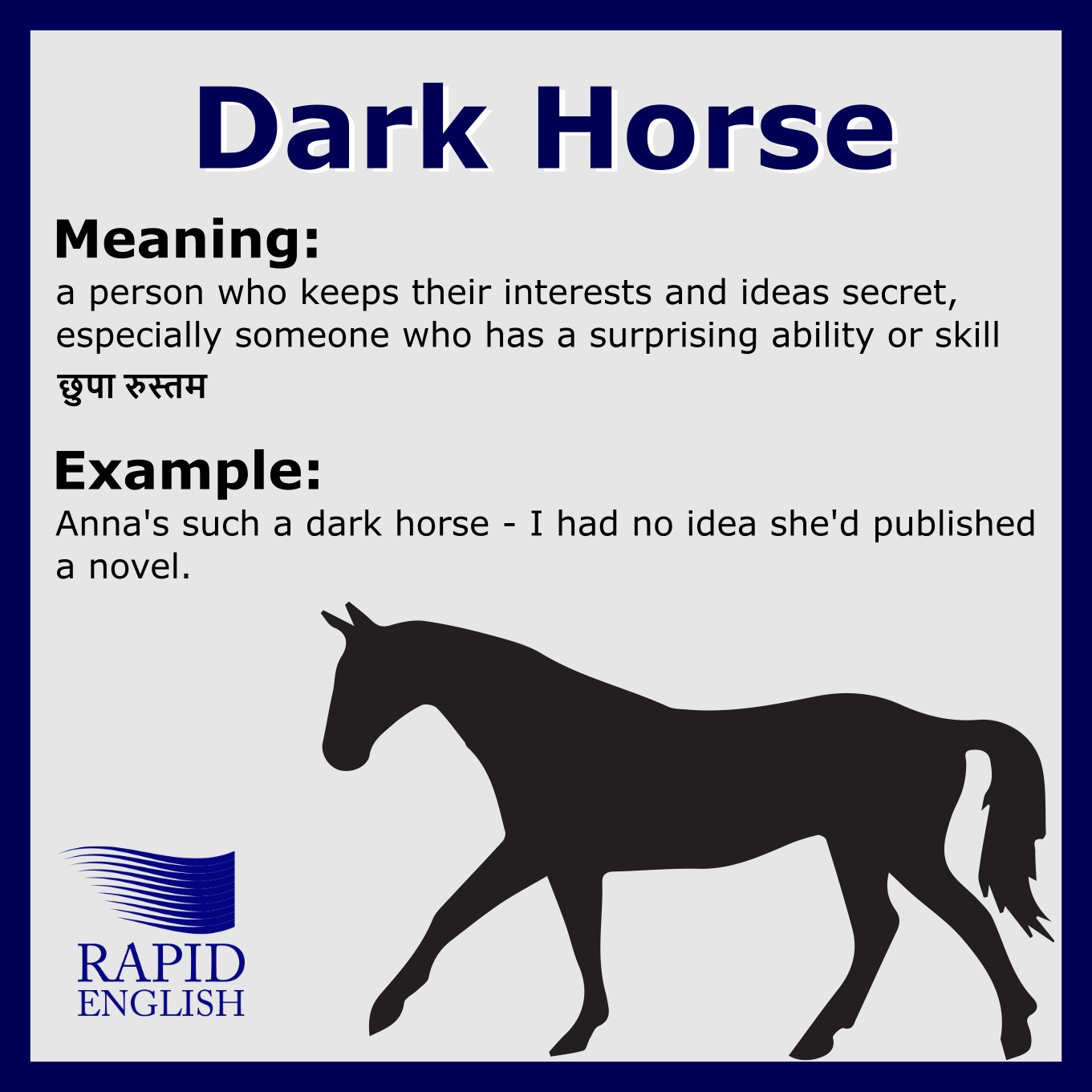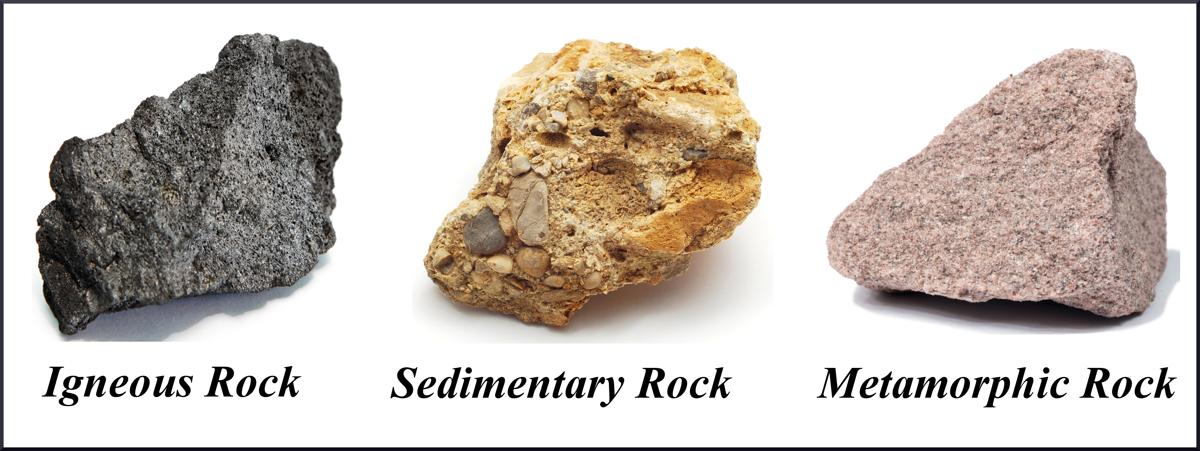How do these activities impact our sleep? Answers from the web.

Reading a book
“Overall, reading a book in bed before going to sleep improved sleep quality”
https://trialsjournal.biomedcentral.com/articles/10.1186/s13063-021-05831-3#:~:text=Overall%2C%20reading%20a%20book%20in,14%25%20favouring%20the%20intervention%20group.
Showering
“A Warm Bedtime Bath Can Help You Cool Down And Sleep Better:
Research suggests a warm bath or shower an hour or two before bedtime can help you unwind and fall asleep faster. Why? It will help lower your core temperature, and that’s a circadian sleep signal.”
https://www.ncbi.nlm.nih.gov/search/research-news/3495/#:~:text=A%20Warm%20Bedtime%20Bath%20Can%20Help%20You%20Cool%20Down%20And%20Sleep%20Better&text=Research%20suggests%20a%20warm%20bath,that’s%20a%20circadian%20sleep%20signal.
Listening to music/podcast
Music can reduce sympathetic nervous system activity, decrease anxiety, blood pressure, heart and respiratory rate, and may have positive effects on sleep via muscle relaxation and distraction from thoughts.
AA&sourceid=chrome&ie=UTF-8&safe=active&ssui=on
Family time
“In particular, cross-sectional studies showed that high family stress and conflicts were associated with adolescents’ sleep problems, such as insomnia [33,34]. At the same time, adolescents perceiving high demands from family tended to sleep less at night [35]”
https://www.ncbi.nlm.nih.gov/pmc/articles/PMC10001512/#:~:text=In%20particular%2C%20cross%2Dsectional%20studies,less%20at%20night%20%5B35%5D.
Mindful activities
“One study, published in May 2020 in the journal Sleep, found that older adults who underwent mindfulness-based treatment for insomnia (MBTI) fell asleep more quickly at night and also spent less time lying awake at night.”
https://www.everydayhealth.com/sleep/can-mindfulness-improve-your-sleep/
Screen Time
“Device screens produce blue light, Dr. Cooper says, which is the part of the light spectrum most active in our sleep cycle. Stimulation of this part of the brain suppresses the production of melatonin, making it difficult for many people to “turn off” their brains and fall asleep”
https://www.sutterhealth.org/health/sleep/screens-and-your-sleep-the-impact-of-nighttime-use#:~:text=Device%20screens%20produce%20blue%20light,their%20brains%20and%20fall%20asleep.
You generally need less sleep as you age. As a teen, you need slightly more sleep than adults.
Official guidelines recommend you get at least 8 hours of sleep on school nights.
Teens often need more sleep on the weekends, though you should avoid disrupting your schedule by more than 2 hours.
Notes
72% of parents suspect that their child is getting enough sleep but only 11% of teenagers are actually getting enough sleep.
Most teenagers believe that sleep is embarrassing.
Teens aren’t just lazy – Teens tend to go to bed and want to wake up later. This is biologically driven by a shift forward in their circadian rhythm, their internal “body clock” that guides daily sleep-wake cycles.
Positives of sleep
- Your brain grows more when you’re sleeping.
- Memory is better.
- Get sick less often.
- Lower your risk for serious health problems, like diabetes and heart disease.
- Good mental health
- Do better at school and work
Negatives of sleep deficiency
- Higher risk of heart disease
- Higher risk of Kidney disease
- increased risk of high blood pressure
- increased risk of diabetes
- increased risk of stroke
- increased risk of obesity and depression
- Mood switches
- fatigue
- trouble with concentration
- Memory problems
- Hallucinations
- Paranoia
- Mental health disorders
- Pain
- Hormone imbalance
Reflective task
One Australian study found that teenagers turned out their lights sooner and slept for 21 minutes longer per night, on average, when they put their phones away one hour before bedtime. That’s nearly two hours of sleep over the week.
“Some people can’t sleep because they have insomnia, I can’t sleep because I have the internet” – Anonymous
Challenge give your eyes and brain a break. Put down your phone 1 hr before bed.


![in Pursuit of Venus [infected]: Lisa Reihana | Norval Foundation](https://www.norvalfoundation.org/wp-content/uploads/2019/08/in-Pursuit-of-Venus-infected-2015-17-STILL-05.jpg)













